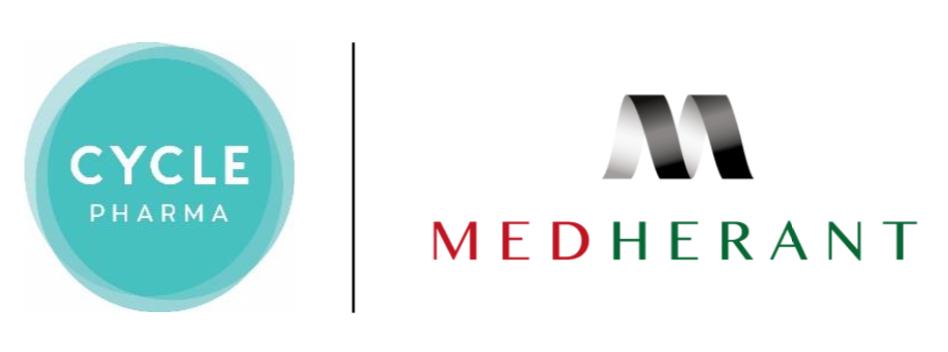Medherant partners with Cycle Pharmaceuticals to develop new products using TEPI® Patch technology
Mercia is pleased to announce that Medherant Ltd (“Medherant”), the transdermal drug delivery company in which it holds a 30.1% direct stake, has entered into a partnership with Cycle Pharmaceuticals (“Cycle”) to develop new products using Medherant’s proprietary TEPI Patch® technology.
Under the terms of the partnership, Medherant will receive an initial upfront licence payment with an additional upfront payment for each candidate drug targeted. Medherant will also receive royalty payments on future sales of the products developed under the partnership, using the TEPI® Patch platform.
Work will commence immediately on the first two products, which will be reformulations of medicines used to treat rare neurological disorders, an area where improvements in ease of use are vital for compliance and quality of life. Some of the benefits of the TEPI® Patch technology include less frequent drug administration, reduced side effects and improved patient compliance. Following TEPI Patch® formulation development by Medherant, Cycle will be responsible for clinical development and registration, and will commercialise the products arising from this collaboration.
About Medherant and Mercia’s investment
Medherant is a University of Warwick spinout. Mercia first invested in Medherant through its third-party managed funds in 2015, and then subsequently via its own balance sheet. Since then Medherant has built out its board and management team, expanded its intellectual property estate, demonstrated the broad applicability of its technology and developed scalable production. The company has two unpartnered lead products of its own: an Ibuprofen patch at clinical stage and a pre-clinical product addressing smoking cessation.
Dr Mark Payton, CEO, Mercia Asset Management and NED on the board of Medherant, said: “The collaboration with Cycle is an important development for Medherant and one which could ultimately help improve the lives of many patients suffering with rare neurological disorders. This is a great example of how Medherant’s innovative technology for the administering of medicines can create significant benefit for end-users. We are pleased to have supported Medherant for a number of years and look forward to them building on this success.”
